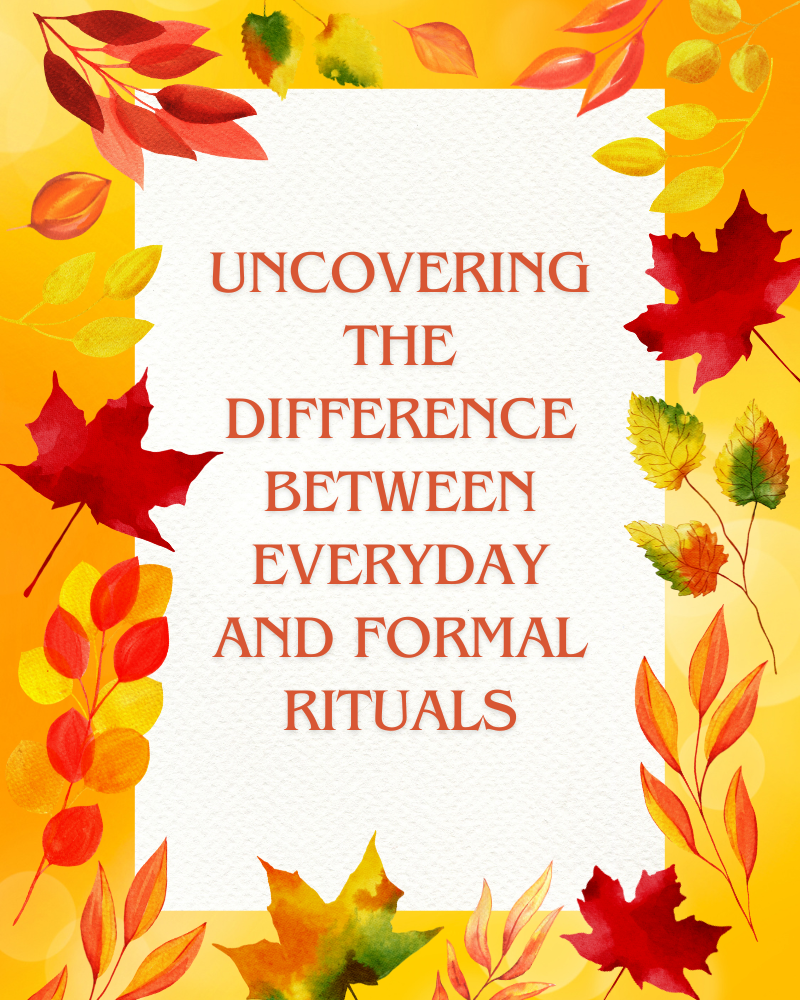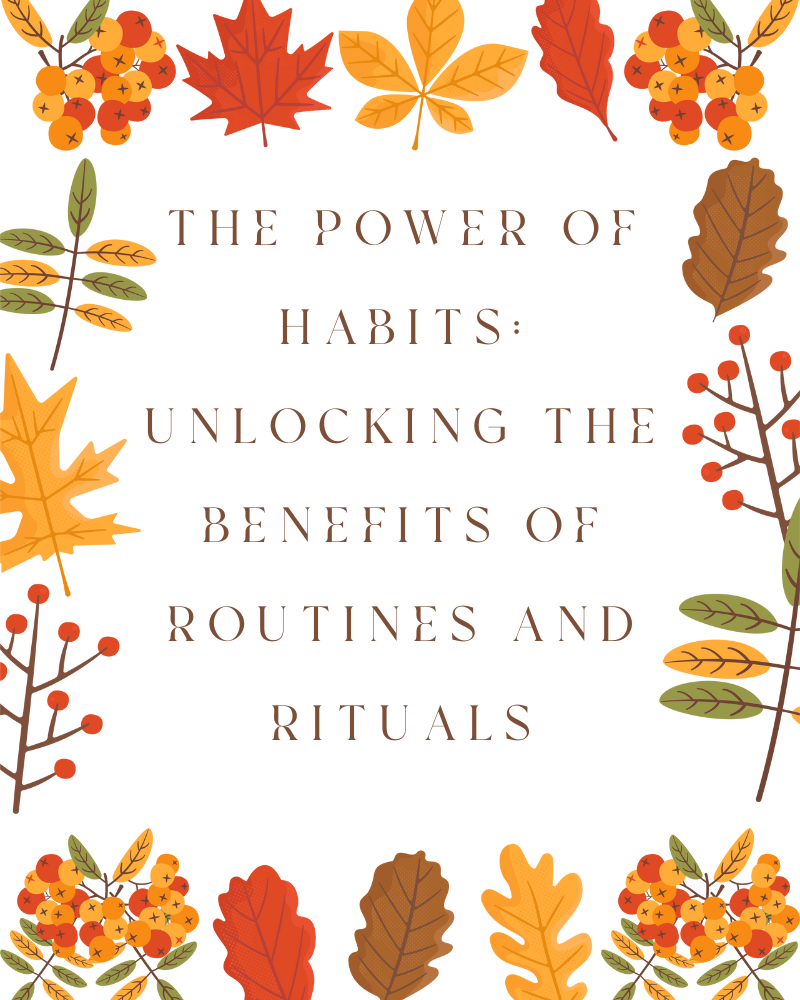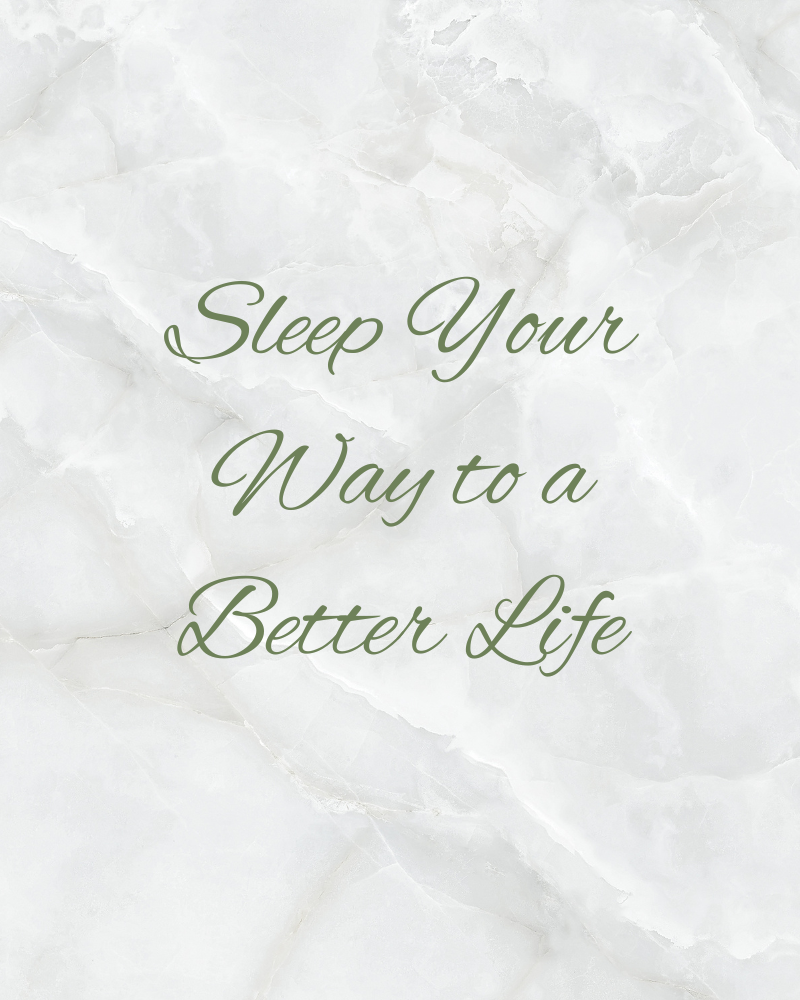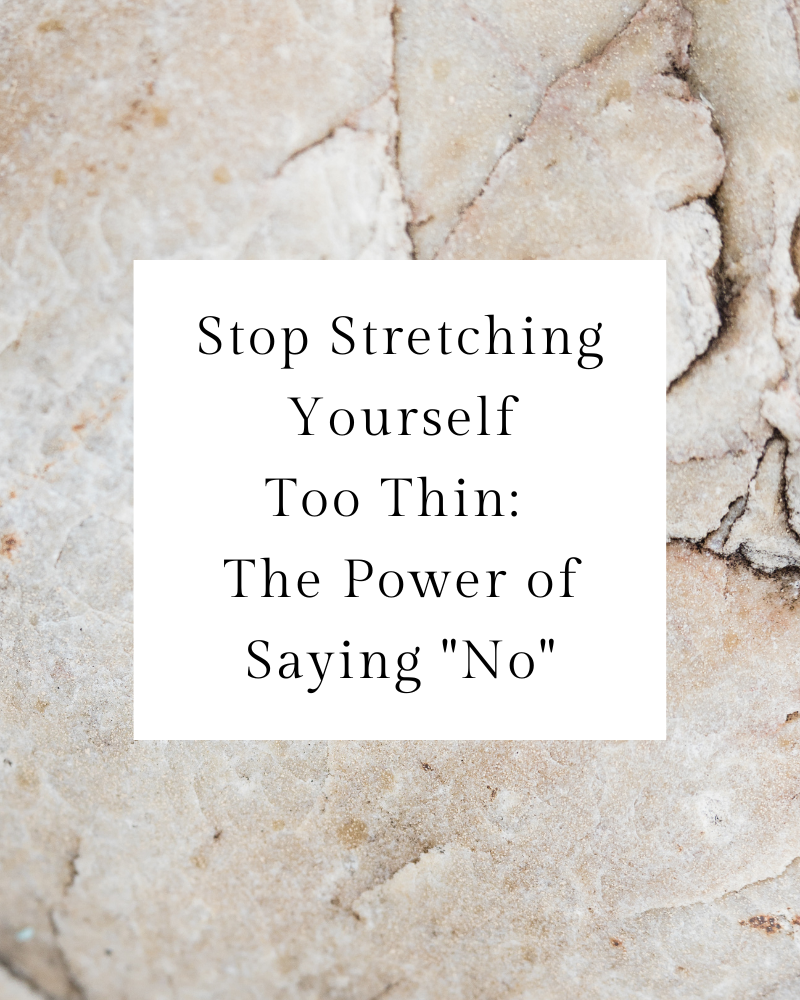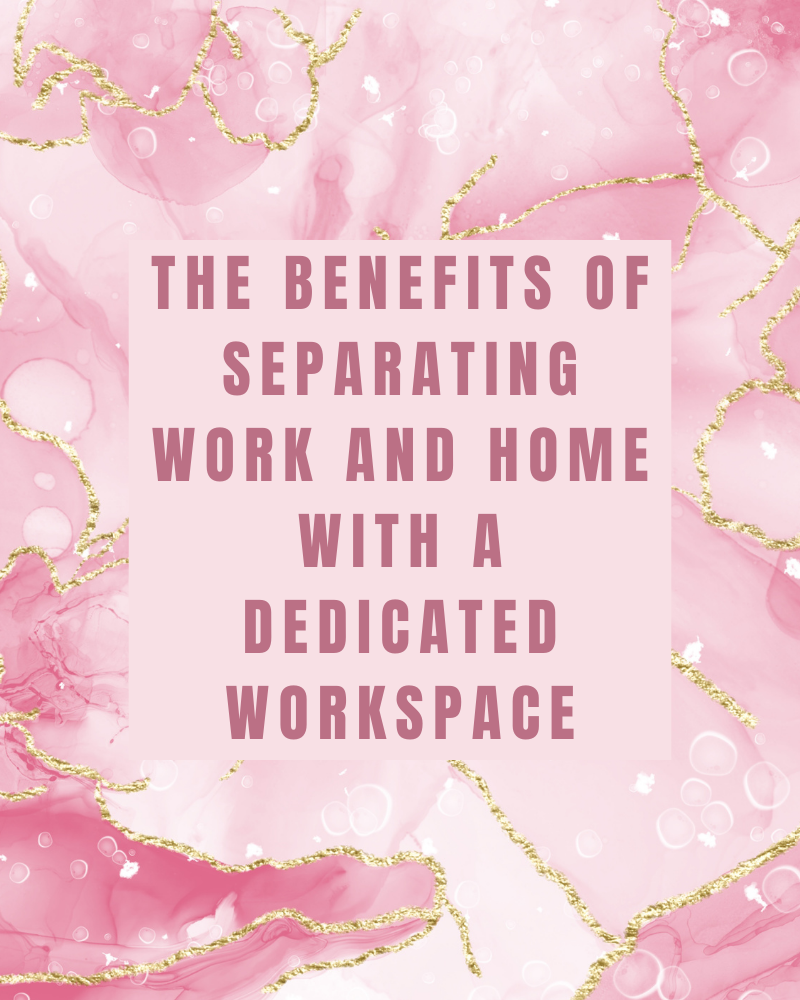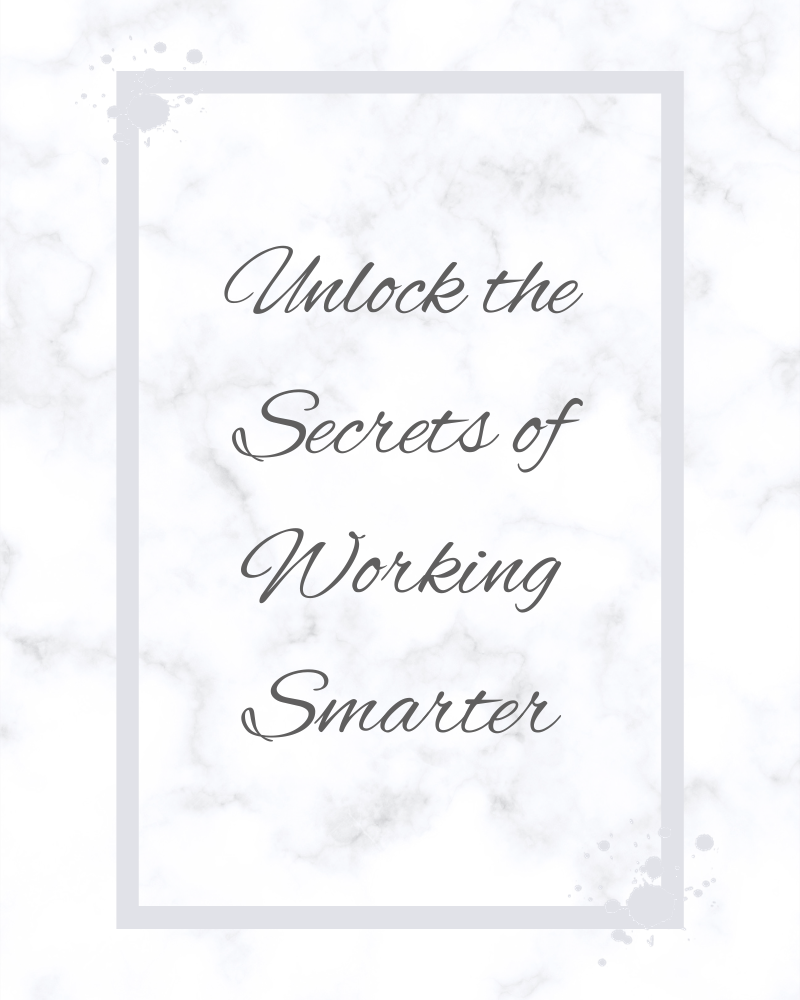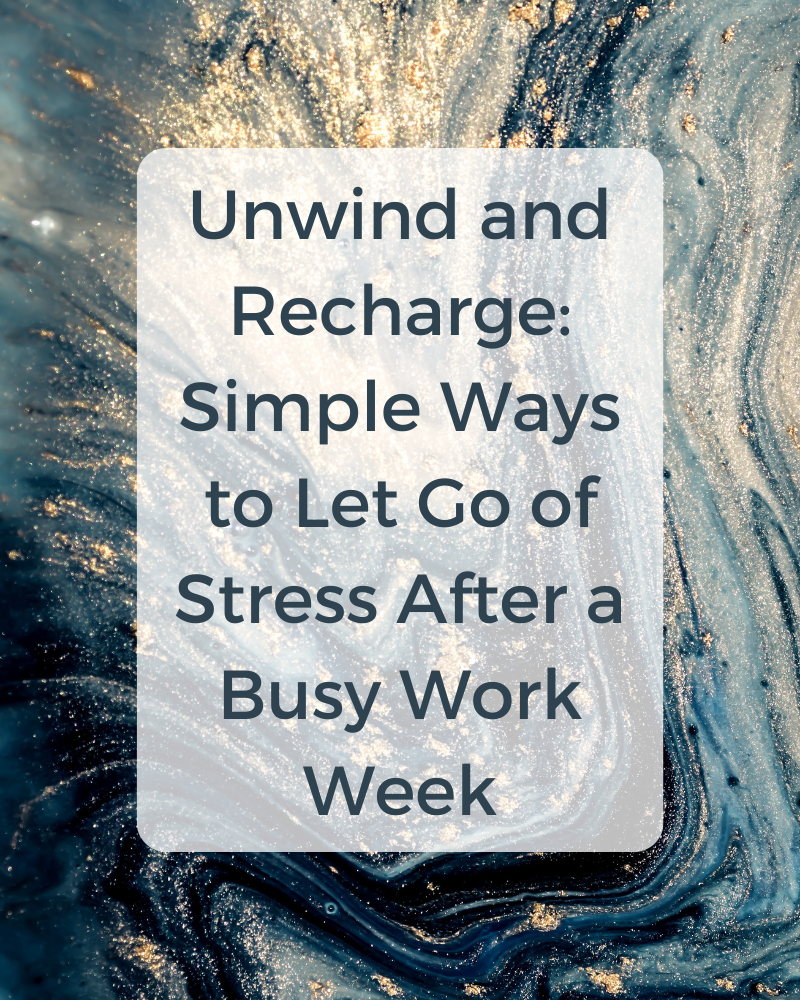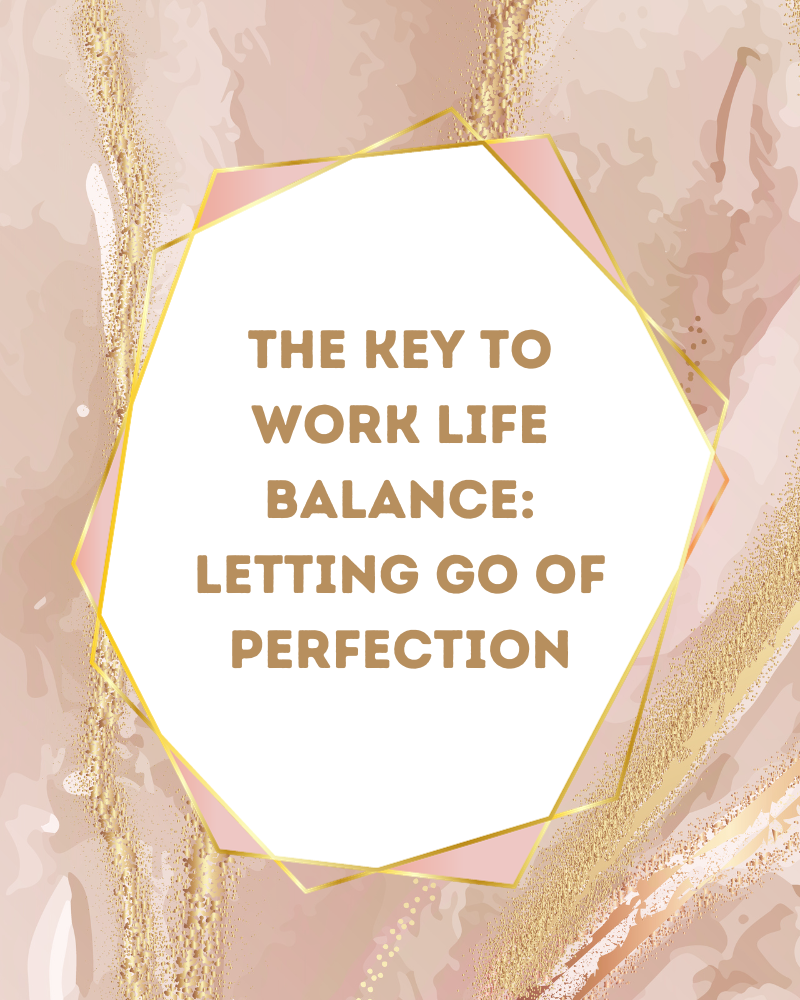Everyday rituals are simple actions that become habits that help bring order and purpose to your life. In this blog post (and the next), we’ll look at some examples of everyday rituals (this is part 1) that you can use to transform your life.
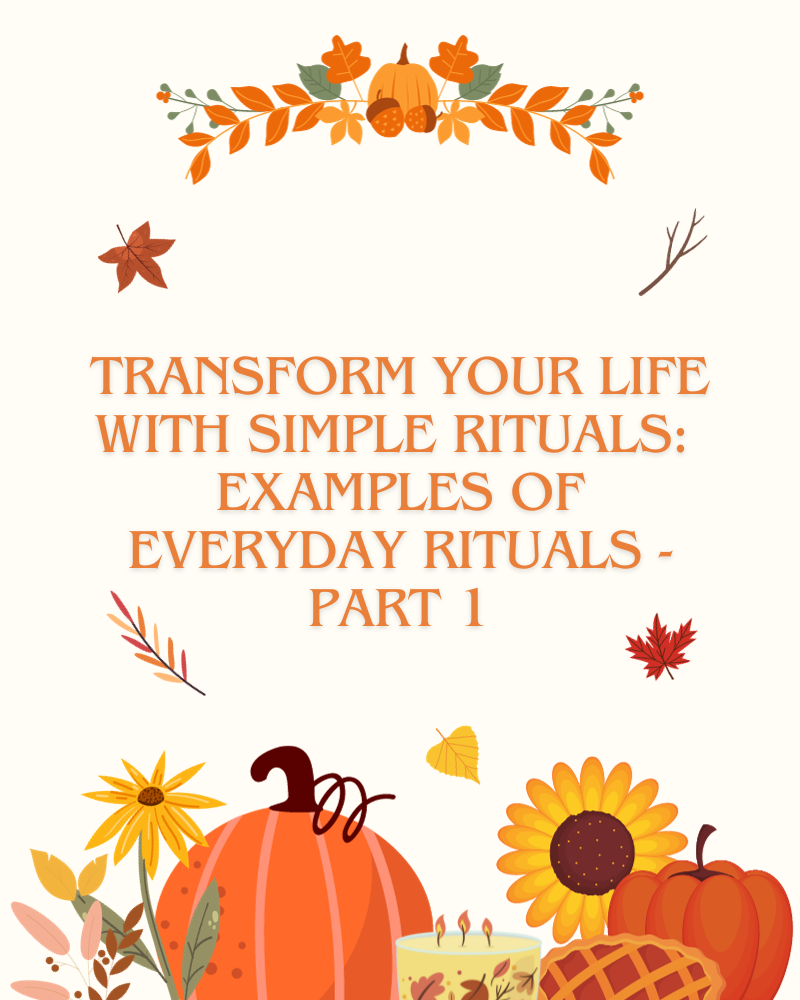
Rituals are part of our everyday lives. From the morning coffee we make to the way we greet each other, these little habits make up our routine. They provide us with comfort and a feeling of stability.
We’ve looked at the difference between more elaborate and formal rituals and everyday rituals. Now to help make the idea a little more concrete, here are some examples of everyday rituals described in detail below. Some of these are more common than others, but all count as rituals.
Start the Day Rituals
Most of us have some sort of morning routine that sets the tone for the rest of our day. A start-the-day ritual consists of the things you do first thing in the morning every day. For myself, it’s setting my Nespresso machine going and checking my banking (so that I know I won’t go overdrawn that day lol). Others may go for a jog, listen to the news, or something else entirely. It is the things you do daily that make your day feel “off” if you do not do them.
Self-Care Rituals
All of the routine things we do to care for our minds and bodies are self-care rituals. From showering to picking out your weekly wardrobe, all of these routine tasks can be self-care rituals. Exercising regularly, doing yoga, and meditating all count. Taking time for yourself to recharge your mind after a busy day or week is also self-care. Self-care rituals don’t have to be complicated – just make sure you’re taking the time to look after yourself.
Mindfulness Rituals
These are rituals to help you stay focused and in the moment. They can be as simple as taking a few deep breaths with your eyes closed, or they can be a fully structured meditation practice. Add them into your calendar for specific times if you prefer. Or you can just do them whenever you need to feel more grounded or focused on the task at hand.
Positive Affirmation Rituals
Developing positive habits can be a great way to foster personal growth. A simple ritual you can incorporate into your daily routine is repeating positive affirmations multiple times a day. It works best if you do this at least three times a day. Up it to five if you can weave it in without too much effort. Doing this every day will help you make meaningful progress, and it’s a good idea to switch up the affirmations as your personal growth takes place.
Quiet Time Rituals
In recent years, taking some time for yourself has become a necessity. We call it a ‘quiet time ritual’ – a period of 15-30 minutes where you unplug, relax, and recharge. Add a cup of coffee or tea if it helps you wind down. These rituals are especially popular amongst families with young children.
Creating simple rituals in your everyday life can help you to stay organised and feel more relaxed. From creating a morning routine to using affirmations, there are many ways to use rituals to help you achieve your goals and make the most out of your day. So why not give some of these examples a go and see how it can help transform your life. If these don’t appeal to you then don’t forget that these examples of everyday rituals are only Part 1. Pop back soon for Part 2.

